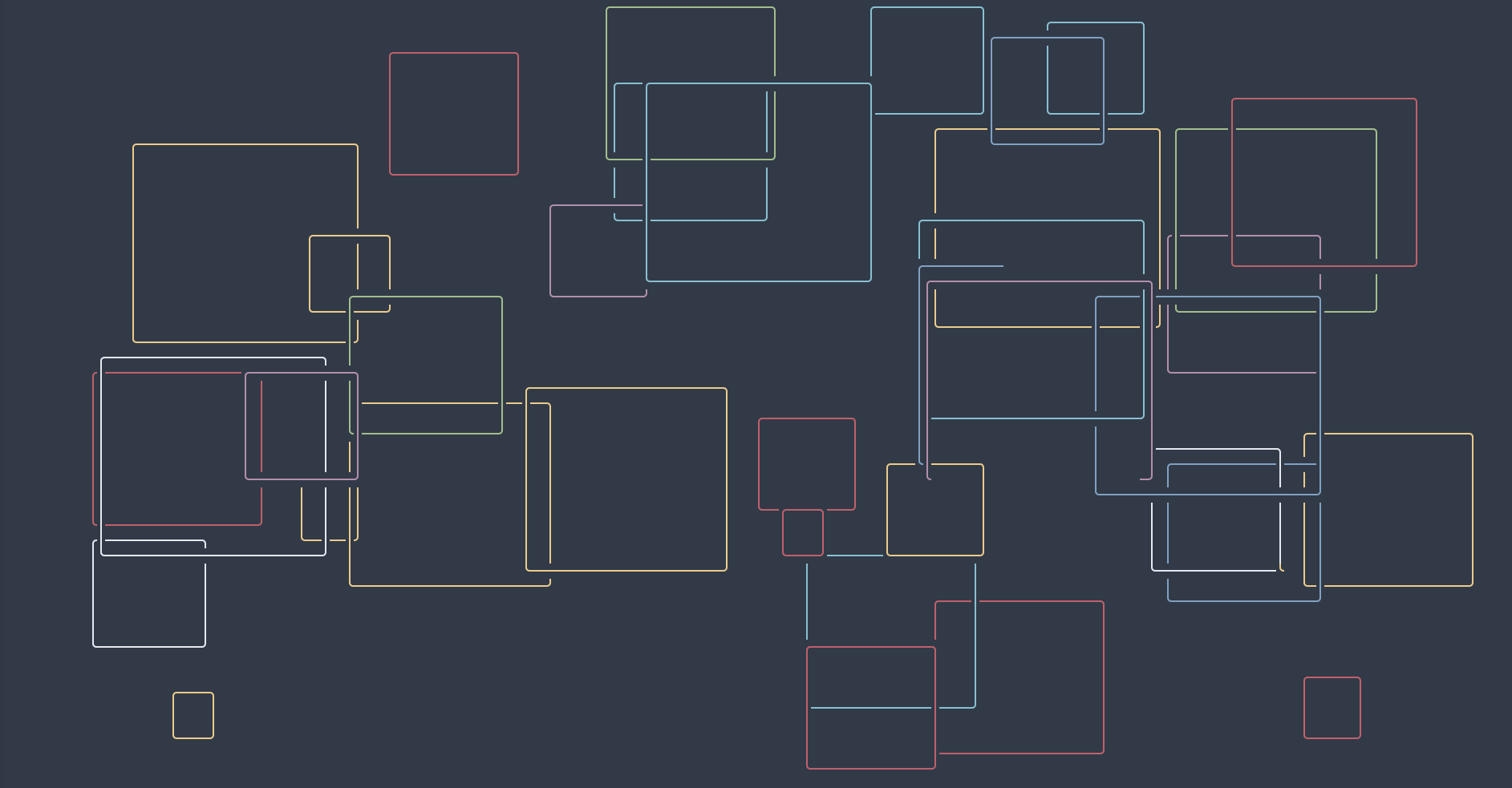Linux
47941 readers
1542 users here now
From Wikipedia, the free encyclopedia
Linux is a family of open source Unix-like operating systems based on the Linux kernel, an operating system kernel first released on September 17, 1991 by Linus Torvalds. Linux is typically packaged in a Linux distribution (or distro for short).
Distributions include the Linux kernel and supporting system software and libraries, many of which are provided by the GNU Project. Many Linux distributions use the word "Linux" in their name, but the Free Software Foundation uses the name GNU/Linux to emphasize the importance of GNU software, causing some controversy.
Rules
- Posts must be relevant to operating systems running the Linux kernel. GNU/Linux or otherwise.
- No misinformation
- No NSFW content
- No hate speech, bigotry, etc
Related Communities
Community icon by Alpár-Etele Méder, licensed under CC BY 3.0
founded 5 years ago
MODERATORS
201
202
203
204
205
206
54
208
209
210
211
57
Introduction to Linux interfaces for virtual networking | Red Hat Developer [2018-10-22]
(developers.redhat.com)
212
213
214
215
216
217
218
219
220
47
Installing Nvidia Driver Will Be Easy Again in Fedora Workstation – Brno Hat
(enblog.eischmann.cz)
221
223
224
225



